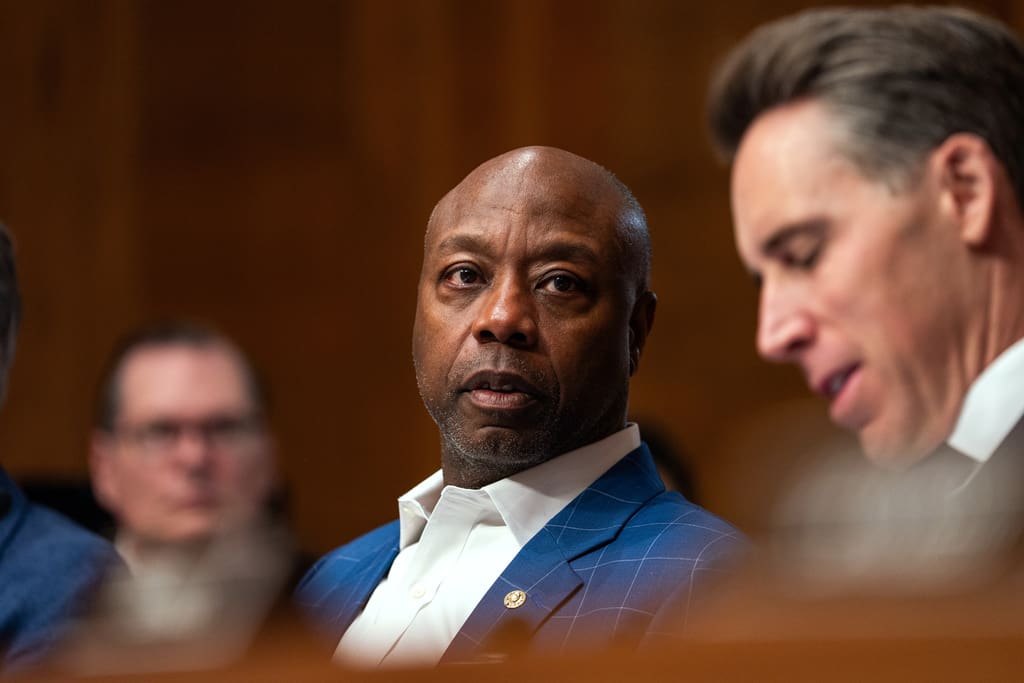Article Summary –
Summary
The 2021 Infrastructure Investment and Jobs Act includes a provision mandating technology in new cars to prevent operation by intoxicated drivers, though implementation has been delayed due to technology readiness and a repeal effort led by congressional Republicans. Pennsylvania U.S. Rep. Scott Perry introduced the No Kill Switches in Cars Act to repeal this requirement, citing concerns over privacy and constitutional rights, while Mothers Against Drunk Driving (MADD) supports the technology for its potential to save lives without infringing on rights. Despite some opposition, polls indicate strong public support for the technology, and the National Highway Traffic Safety Administration maintains that driving is a privilege and not a right, emphasizing the potential lifesaving impact of the regulation.
A provision in the 2021 Infrastructure Investment and Jobs Act mandated the transportation secretary to establish a rule requiring all new cars to have technology that stops vehicles when the driver is intoxicated.
Due to technology delays, the rules weren’t instantly enforced. Before the National Highway Traffic Safety Administration could finalize them for 2026 or 2027, congressional Republicans sought to revoke the provision.
On Feb. 7, U.S. Rep. Scott Perry from Pennsylvania introduced the No Kill Switches in Cars Act, aiming to overturn the regulation requirement. “Kill Switches can limit travel or track users without a warrant,” Perry claimed in a press release. “The Act eliminates this threat to our constitutional rights and ensures free travel.”
Perry’s office did not comment, though he and GOP colleagues penned a November 2023 letter to then-Transportation Secretary Pete Buttigieg expressing concerns about this technology’s potential misuse and safety implications.
The 2021 provisions, titled the HALT Drunk Driving Act, were heavily supported by Mothers Against Drunk Driving, which aims to end impaired driving. A 2023 fact sheet stated these systems use sensors to determine if a driver is impaired. The technology must protect privacy without collecting or misusing data.
The law doesn’t specify the technology type, but a system checking blood alcohol levels before driving is considered viable, says Becky Iannotta, senior director at MADD. “This BAC measurement could save 10,000 lives annually, and breath sensor technology should be available by 2025,” Iannotta shared with the Pennsylvania Independent.
Pam Ondash, whose son was killed by a drunk driver in 2011, is a MADD volunteer working to prevent impaired-driving deaths. She believes the HALT Act would save lives without violating rights.
“If 10,000 impaired drivers can’t start their cars, we’ve saved 10,000 lives,” Ondash told the Pennsylvania Independent. “Driving is a privilege, not a right. A car can be a weapon, and taking a life affects many people.”
“Dave was 34 when he died,” she said of her son. “His children were five, nine, and 11. They’ve mostly grown up without their dad.”
Ondash added the technology protects all lives, including those of impaired drivers. “What would a driver’s family do if he dies from driving impaired? It’s preventable,” she stated.

Surveys by Ipsos for MADD in 2021 and 2022 showed about 90% of Americans support vehicle technology to prevent drunk driving.
The Pennsylvania Department of Transportation reported 5,111 injuries and 308 deaths from alcohol-related crashes in 2023.
A January 2024 proposed rule by NHTSA estimated 12,600 alcohol-related traffic deaths in 2021. The agency countered claims that such regulations are unconstitutional, emphasizing driving as a privilege, not a right.
In November 2023, the U.S. House rejected a proposed amendment to block funding for implementing the regulations, with Pennsylvania Republican Reps. Kelly, Meuser, Perry, Reschenthaler, and Smucker supporting it. They didn’t comment for this story.
Republican Reps. Fitzpatrick, Joyce, and Thompson joined Pennsylvania Democrats in voting against it.
Ondash opposes Perry’s bill, feeling angry at those who haven’t experienced her loss. “Our goal is to keep roads safe and save lives,” she said.
—
Read More Pennsylvania News










